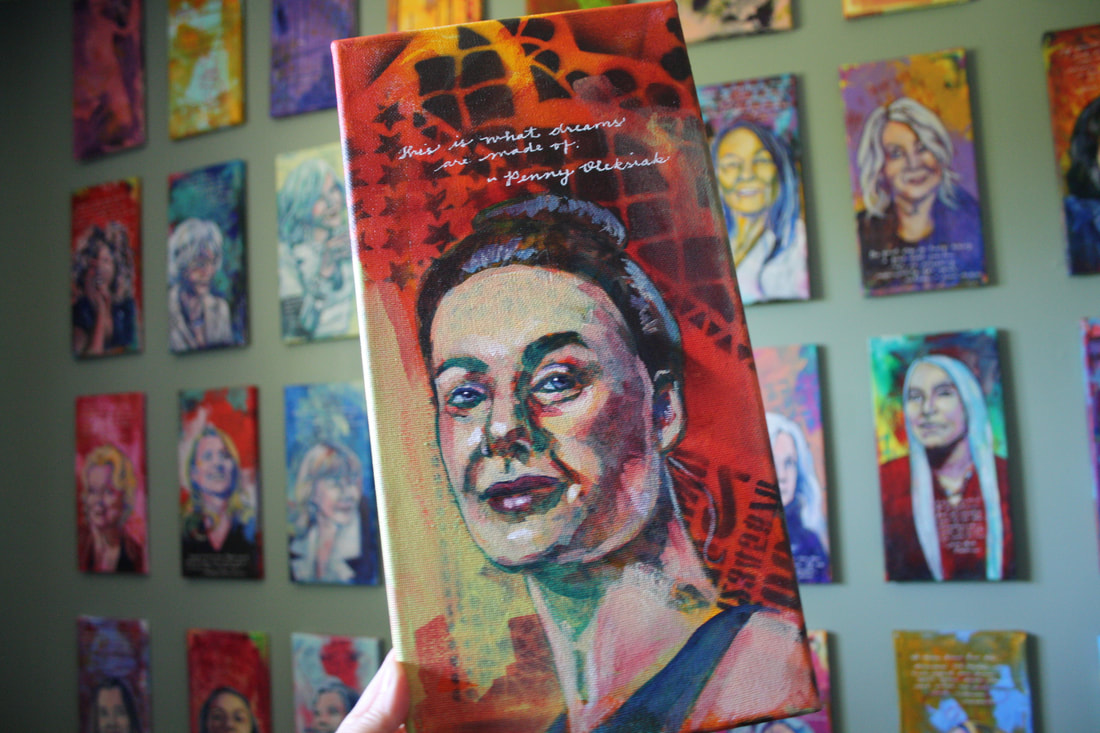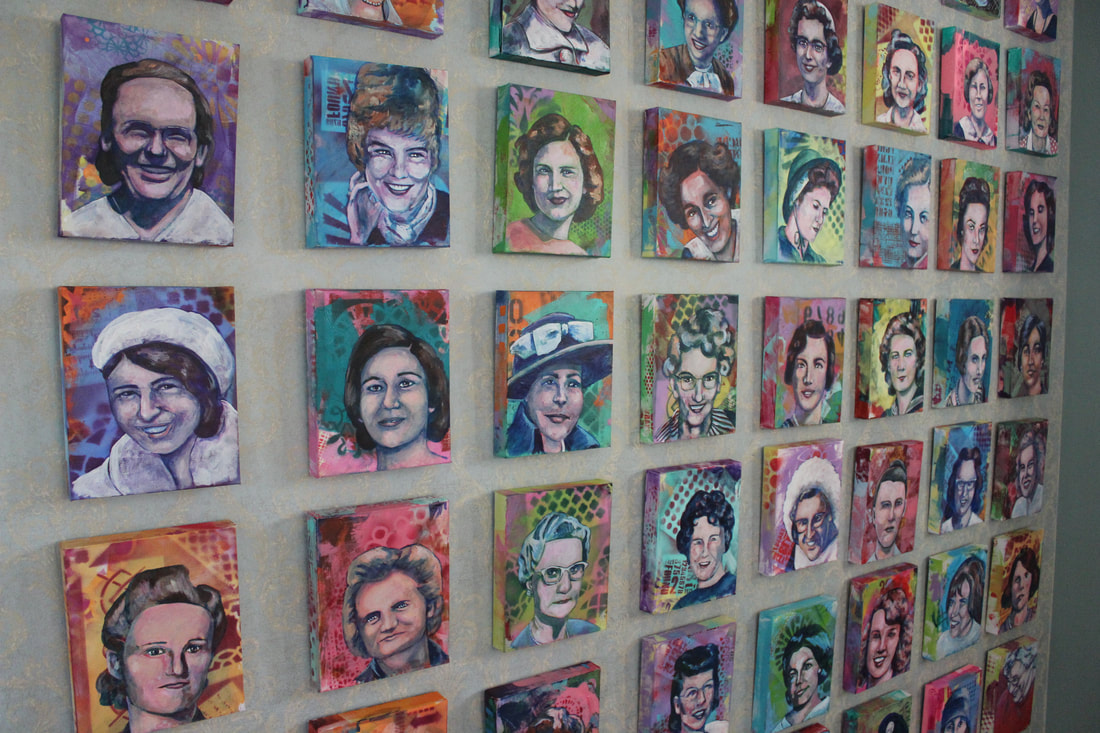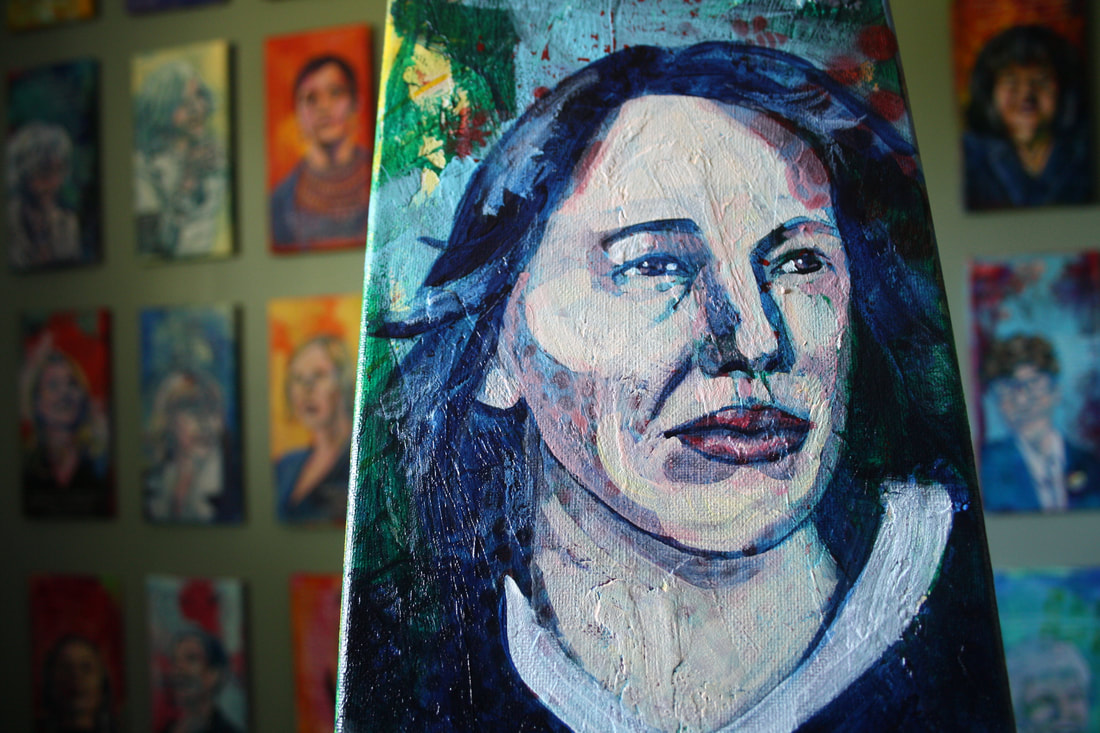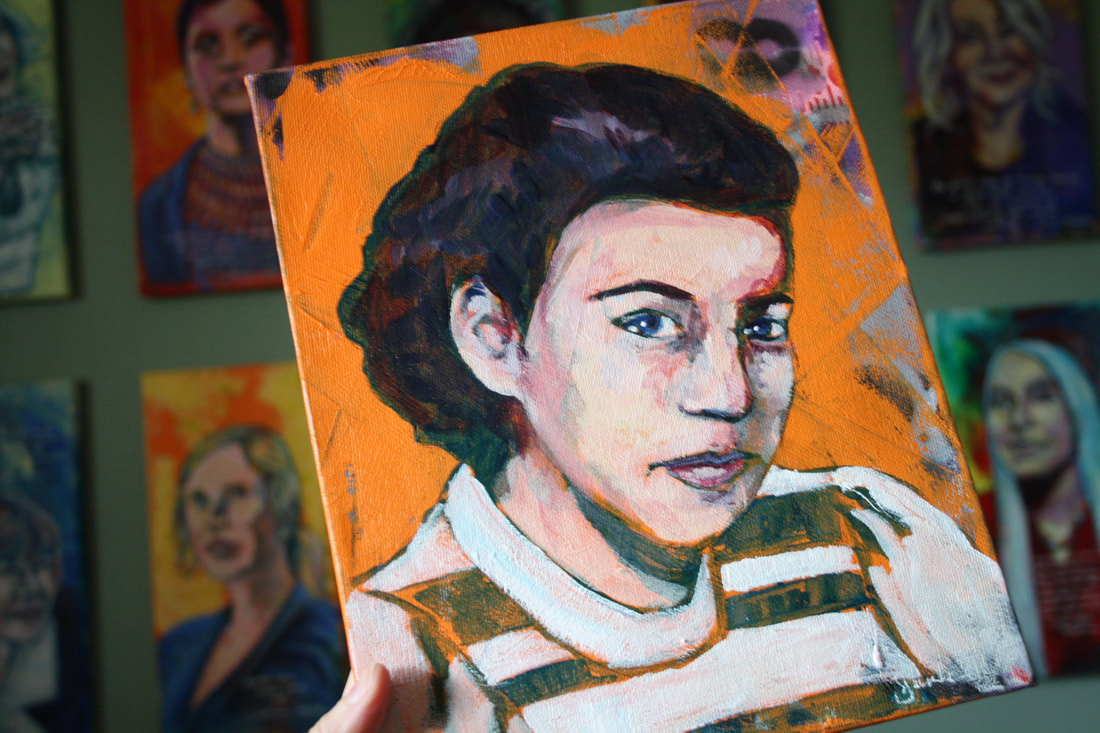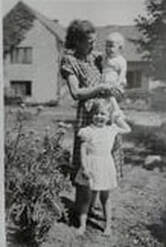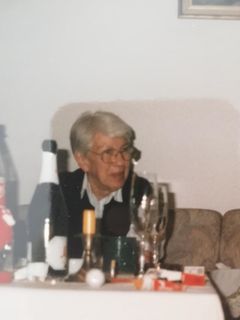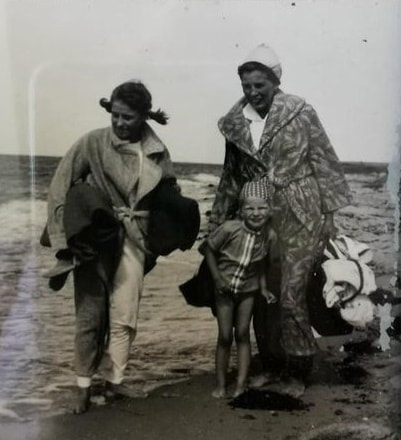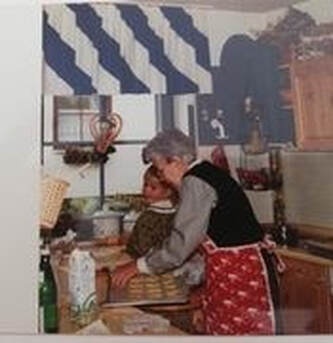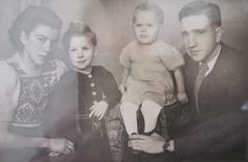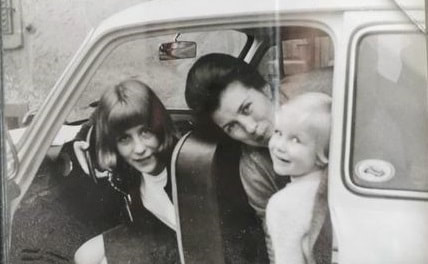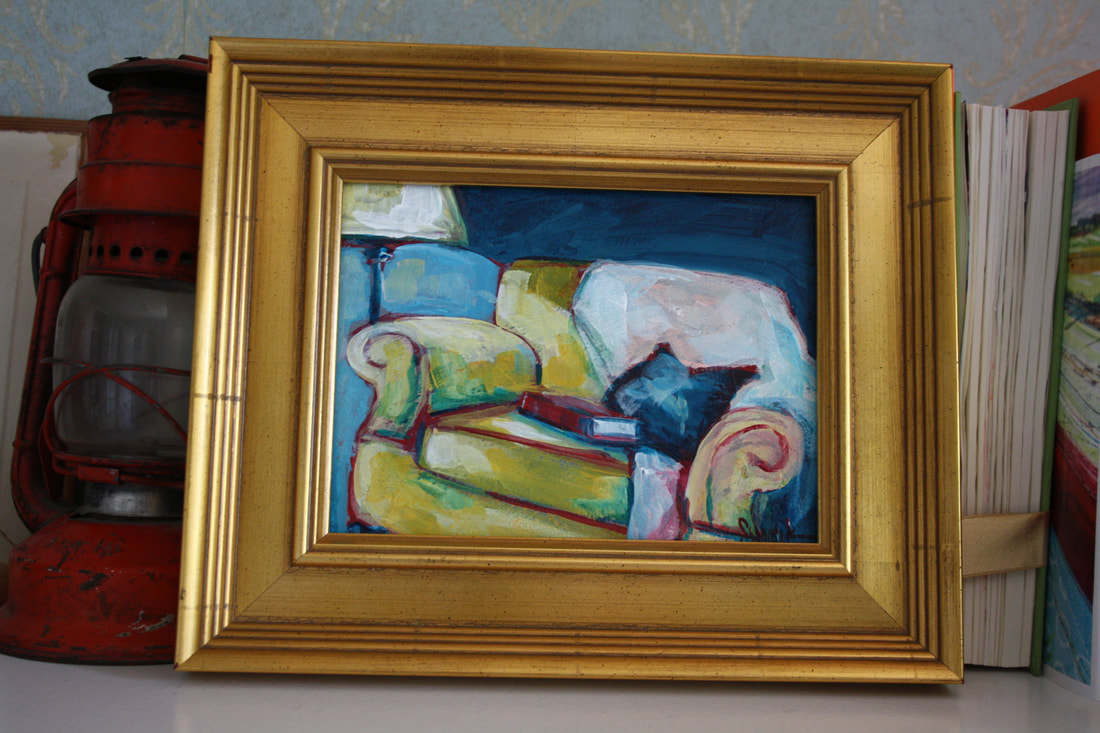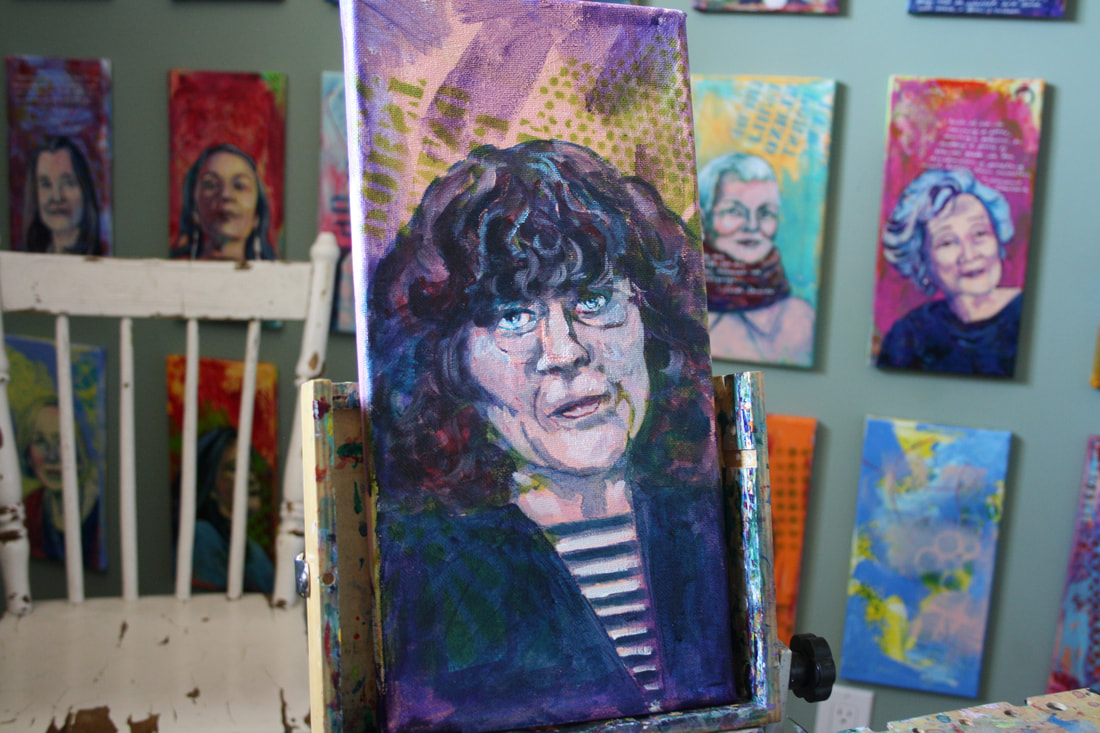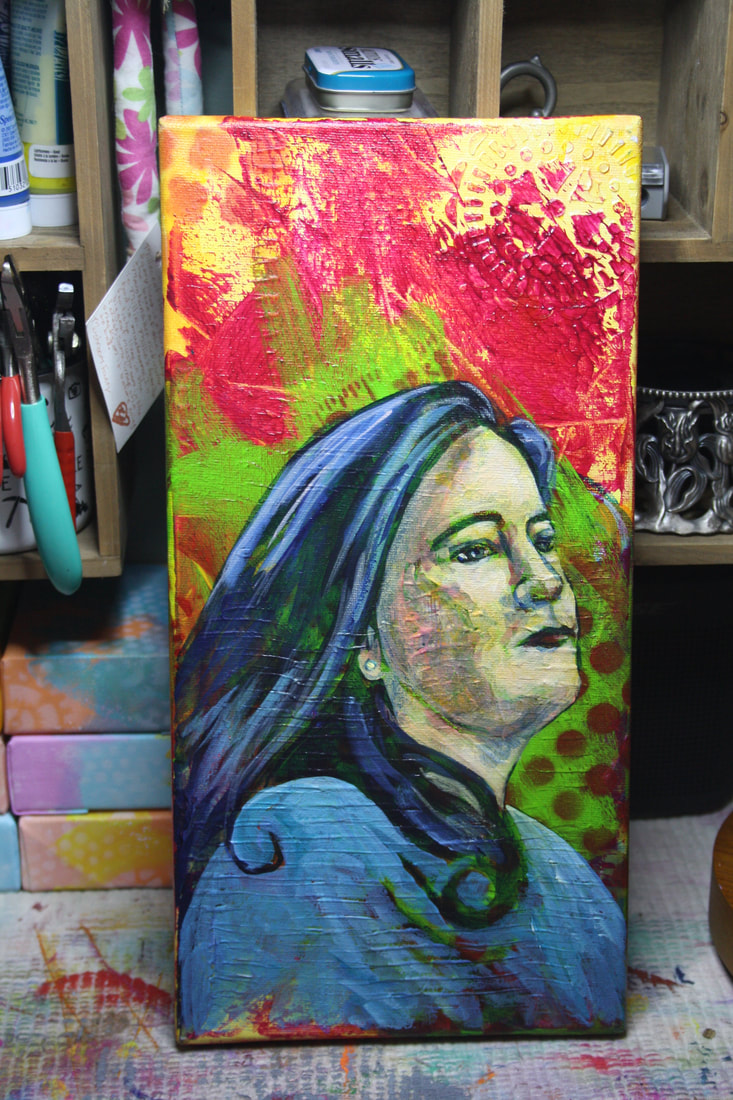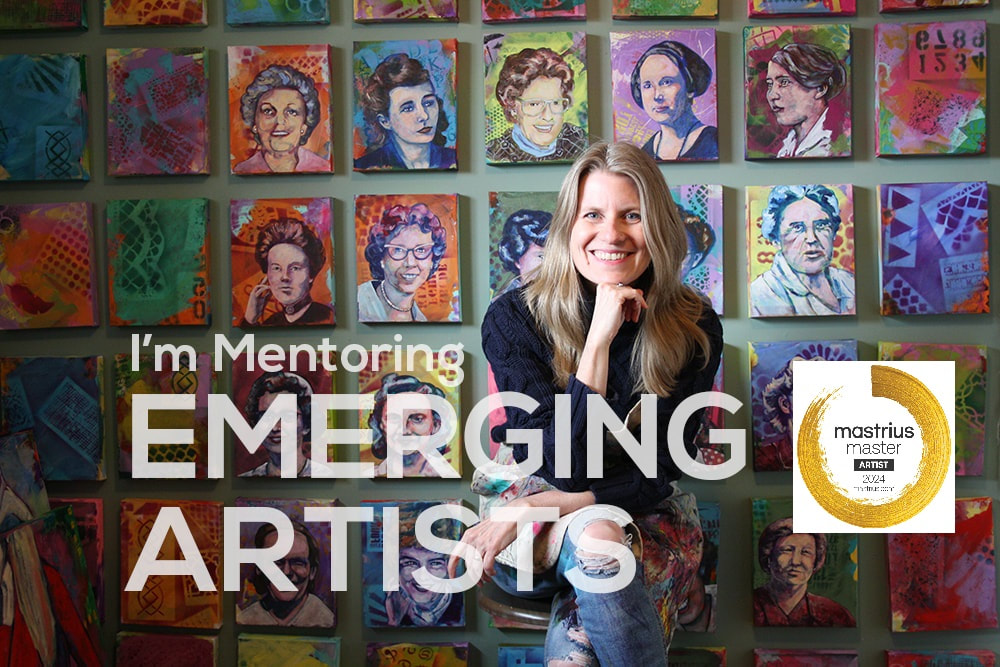I want to thank that teacher in high school who told me to stop swimming to focus on school bc swimming wouldn’t get me anywhere. This is what dreams are made of. Canadian swimmer Penny Oleksiak stuck it to the high school teacher who said her sport “wouldn’t get me anywhere life.”
While the seven-time Olympic medalist has been dominating in Tokyo, she decided to Google “Canada’s most decorated Olympian,” to which her name popped up in the search results. “I want to thank that teacher in high school who told me to stop swimming to focus on school bc swimming wouldn’t get me anywhere. This is what dreams are made of,” Oleksiak tweeted Tuesday, just days after medaling in two events. Oleksiak won silver in the 4x100m freestyle relay and bronze in the 200m freestyle and 4x100m medley relay at the Summer Games. In a second tweet, Oleksiak clarified she meant “no shade” to those who are teachers. “Also in reference to my last tweet no shade at all towards teachers in general, my sister is a teacher and I see her inspiring kids everyday.. Most of my teachers saw the vision and pushed me towards it,” she explained, noting, “That one who constantly dragged me down though, WOAT.” “I felt SO confident, loved and supported at this one and I left being motivated for the next. There are no words to describe how it feels to represent Canada, but I wouldn’t want to be the most decorated Olympian anywhere else in the world,” she captioned her post, which thanked her fans and sponsors. Canada’s most decorated Olympian took home gold in Rio at the 2016 Summer Olympics in the 100m freestyle — as well as silver in the 100m butterfly and bronze in the 4x100m and 4x200m freestyle relays. As the Toronto native just turned 21 in June, her career appears to be far from over. ~ Jenna Lemoncelli, New York Post I am beyond thrilled to share the 'The Grandmothers' exhibit will be taking place at the beautiful Leighton Art Centre from February 5 - April 2, 2022 with an Artist's Reception to be held on February 5 (more details to follow). I can't think of a better place to share the portraits and stories of these women who have paved the way for us today.
In Canada, we are shaping an industry where Indigenous people and especially women will be at the helm. Tina Keeper, politician, actor, social activist (b at Norway House, Man 20 March 1962). Tina Keeper is an award-winning actor whose work on- and off- screen has raised public awareness of several issues facing contemporary aboriginal Canadians.
The daughter of Order of Canada recipient Joseph Irvine Keeper and Anglican priest Phyllis Keeper, Tina lived the first few years of her life in the northern Manitoba Chemawawin Cree Nation. At the age of four, she moved with her family to Winnipeg. Keeper studied drama at the University of Winnipeg from 1989-92, completing a double major in Canadian history and theatre. Her early film credits include the National Film Board's Mistress Madeleine (1986) and Smoked Lizard Lips (1991). In 1992, Keeper joined the cast of the CBC dramatic television series North of 60, set in the fictional aboriginal Northwest Territories community of Lynx River. Her portrayal of RCMP constable and single mother Michelle Kenidi earned three consecutive Gemini Award nominations for best actress (1994, 1995, 1996). In 1997 she received a Gemini for best actress in a continuing series. That same year, Keeper left North of 60 and concentrated on various film and television projects including Heater (1999) and In The Blue Ground (1999), for which she received the American Indian Film Festival Award for best actress. She also appeared in Trial by Fire (2000), Dream Storm (2001) and Skins (2002), which featured Eric Schweig, Graham Greene and Gary Farmer and premiered at the Sundance Film Festival. Among Keeper's works are Another Country (2003), On the Corner (2003) and Distant Drumming: A North of 60 Mystery (2003). A social activist and a member of the Norway House Cree Nation, in 1997 Keeper hosted a relief concert to benefit victims of the Manitoba flood. She has participated in the development and implementation of various educational programs dealing with aboriginal rights and violence against women. Keeper has been particularly active as a member of a visioning committee for a Manitoba suicide prevention program. Her efforts were recognized by a National Aboriginal Achievement Award in 2004. She is also a member of the Order of Manitoba. In January 2006, Keeper successfully ran as the federal Liberal candidate in the riding of Churchill. ~ Leslea Kroll Me and my sister did a little search on pictures of my grandmother Inge. We only have limited pictures of her due to pre-digital camera times. She was always a role model for me, being a strong independent and loving woman and grandmother.
Not only was she the first female soccer referee in the DDR, she also served in a military hospital during WW2 and escaped to western Germany alone with 2 little kids. What an amazing accomplishment I will always remember her as a loving grandmother - I think you can also see all the love and joy on the very last picture (that also was the moment when I learned that my little sister was just born). I had recently painted this chair and, though I do like my images slightly distorted, the original was wonky to the point of being uncomfortable for me to look at so I finally adjusted it. Oddly enough, originally I thought it was the colour palette that I didn't like, but once I made the adjustments, I'm really happy with it. It's interesting how often that happens, sometimes it's the smallest tweak to a line or shadow and other times it requires a whole paint over. I'm glad it was the smaller adjustment this time as I really like the turquoise/Turner's yellow palette. And this is the painting on the reverse side of the panel:
I live in hope. Because it is the nature of human beings to want to change, to want to exist in the universe, not just in their own country, and to have a universal understanding of others. Marie-Claire Blais, C.C., O.C., M.S.R.C., novelist, dramatist and poet (born 5 October 1939 in Quebec City). Among the best known and most studied of Canadian authors, she has close to 50 works to her name. A proud activist in support of the francophonie, she explores violence, rebellion and hate, and other themes through her work.
Childhood and EducationThe eldest in a family of five children, Marie-Claire Blais grew up in the working-class neighbourhood of Limoilou, in Quebec City, and was taught by Catholic nuns. Her parents’ financial situation forced Blais to quit school when she was barely 15 years old and enter the workforce. She rented her own apartment and worked in stores and factories while dedicating all her free time to her writing. After a stay in Montreal, she took a night course in creative writing at Université Laval, where her talent was quickly noticed by Jeanne Lapointe, professor of literature, and Father Georges-Henri Lévesque, then vice-president of the Canada Council for the Arts. Lévesque offered Blais his support as she was publishing her first novel and helped the young author obtain a writing scholarship that allowed her to live and work in Paris for a year. Blais published La belle bête in 1959 when she was only 20 years old. The novel was generally well received by critics, but was denounced by some who found it immoral. The book contained violence and raw language completely unheard of at the time in Quebec, and its plot left an indelible mark on the imagination of its many readers. The story of the twisted relationship between an ugly young woman and her simple-minded but exceptionally beautiful younger brother elicits a panoply of emotions, each one stronger than the last. Critics alluded to a sordid savagery in the novel that shocked readers, given the author’s young age. La belle bête was soon published in France in 1960 and translated into English (under the title Mad Shadows), Spanish and Italian. The influential American critic Edmund Wilson became aware of this original work and mentioned Blais in his book O Canada, An American’s Notes on Canadian Culture (1965): “[She] is a true ‘phenomenon’; she may possibly be a genius.” With the support of Wilson, Blais succeeded in landing two fellowships from the John Simon Guggenheim Memorial Foundation. A second novel, entitled Tête blanche (1960), quickly followed La belle bête. In 1965, Blais published the highly acclaimed novel Une saison dans la vie d’Emmanuel, translated into more than a dozen languages. She was awarded the prestigious French Prix Médicis as well as the Prix France-Québec for this work. The novel has been discussed in more than 2,000 books, theses, articles, critiques and interviews, and the multiple interpretations of it by literary critics are a tribute to the book’s rich complexity. Blais remained very active in the literary world, with numerous publications in subsequent years. She received her first Governor General’s Literary Award in 1968 for Manuscrits de Pauline Archange, a troubling story of childhood, cruelty and violation, in which a myriad of characters take turns in the roles of victim and persecutor. Le sourd dans la ville — a harrowing story told through the characters’ internal monologue — also earned Blais a Governor General’s Literary Award in 1979. The themes of violence and a sombre future also figure in Visions d’Anna, which was published in 1982 and won the Académie française’s Prix Anaïs Ségalas. In January 2018, Blais published Une réunion près de la mer, the last in a series of novels entitled Soifs on which she had worked for the past 20 years. This series consists of 10 novels that introduce a hundred characters, often marginalized persons with rough lives who represent the complexity of social fabric of the United States. The characters developed in each book all reunite in the last work for the series’ grand finale. Several of Blais’ works have been adapted into other formats. Notably, the novel La belle bête was turned into a ballet in 1977 by the National Ballet of Canada and staged in 1987 for the company’s anniversary. In 2006, the book was brought to the big screen by director Karim Hussain; the film version starred, among others, Carole Laure and Caroline Dhavernas. Several of Blais’ other novels have also been adapted for film, including Une saison dans la vie d’Emmanuel (1972), directed by Claude Weisz, which won the Prix de la Quinzaine des jeunes réalisateurs at the Cannes Film Festival; Le sourd dans la ville (1987), directed by Mireille Dansereau, which won a prize at the Venice Film Festival; and L'océan (1971), adapted into a television movie by Jean Faucher. Blais’ novels have been studied throughout the francophone world, and also by anglophones. Her body of work has been compared to those of Virginia Woolf, William Faulkner and even Fyodor Dostoevsky. Some critics find her writing difficult to follow because of its scant punctuation and temporal reference marking and because it contains a great deal of violence and rage. Marianne Ackerman even commented in The Walrus magazine, “Is it possible Marie-Claire Blais could be — as great minds have proclaimed — a genius, and also be unreadable?” When Blais received an honorary doctorate from the University of Ottawa, the Senate of the university mentioned in its address that “the writing of Marie-Claire Blais possesses a violence that is neither gratuitous nor indulgent, nor is it exhibitionistic. Her highly personal lyricism allows her to go beyond superficial appearances to reveal a lonely or abusive childhood, a loss of innocence, but also great tenderness. [...] The richness and abundance of her novels, the musicality of her poetry and the exceptional quality of her written dialogue have garnered recognition from the public, her peers and the literary world.” While very discreet about her personal life, Blais is nonetheless often invited to participate in discussions about LGBTQ2 literature, and her work is also studied from that perspective. She firmly believes that “every human being has the right to a voice.” In her writing, Blais also gives voice to marginalized and oppressed persons. The writer and feminist Nicole Brossard notes of Blais, “... and it’s true that in her work, women, as with lesbians and gays, form a part of humanity that is exploited and wounded.” However, despite the pain and violence expressed in her work, Blais calls herself an optimist: “I live in hope. Because it is the nature of human beings to want to change, to want to exist in the universe, not just in their own country, and to have a universal understanding of others.” At the beginning of the 1960s, Blais settled in Cambridge, in the United States, where she met the American painter Mary Meigs. In 1963, she moved into a house close to Cape Cod with Meigs and the latter’s partner, the writer Barbara Deming. A number of works of art by Meigs were inspired by her relationship with Blais, and the painter illustrated several limited editions of Blais’ novels (including a deluxe edition of Une saison dans la vie d’Emmanuel). In 1972, Blais moved with Meigs to Bretagne, France. After spending some years in Europe, the two women settled in Montreal, where Blais continues to write prolifically. Montreal and the Eastern Townships have inspired her and served as a backdrop for many of her works. ~ Vincent Nadeau Something I've been doing for a number of years is creating little 'awards' paintings, which has been really fun. I'm given a colour palette and a theme and then I get to create whatever I'm inspired to create. This small 10x10 inch canvas is currently being prepared for an awards event in fall, something I'm really looking forward to...and it's good to be able to get this done before classes start again (something else I'm really looking forward to!).
Everybody has a role to play in making our communities work well. Jody Wilson-Raybould (“Puglaas” or “woman born of noble people” or “woman with integrity” in Kwak’wala), politician, lawyer (born 23 March 1971 in Vancouver, BC). Jody Wilson-Raybould is the independent MP for Vancouver Granville. She was federal minister of justice, attorney general and minister of veterans affairs in the government of Liberal Prime Minister Justin Trudeau. Prior to her career in federal politics, she was a BC crown prosecutor, regional chief of the Assembly of First Nations, and member of the BC Treaty Commission. As Canada’s first Indigenous justice minister, Wilson-Raybould introduced groundbreaking legislation, including Bill C-14 on medically assisted dying, C-16 on gender identity and human rights, and C-45, The Cannabis Act. She has helped to build bridges between First Nations communities and the Canadian government and is committed to helping Indigenous peoples seek self-government and gain equality in education, health care and legal rights.
Early Life and EducationJody Wilson-Raybould was born 23 March 1971 in Vancouver, British Columbia. Her father, Bill Wilson, is a fiery Kwagiulth (Kwakwaka’wakw) hereditary chief, her mother, Sandra Wilson, a non-Indigenous teacher. They separated when Wilson-Raybould was a small child. Her mother raised her on Vancouver Island, mostly in Comox, not far from the villages of her dad’s Kwakwaka’wakw people. Wilson-Raybould is a descendant of the Musgamagw Tsawataineuk and Laich-Kwil-Tach peoples, who are part of the Kwakwaka’wakw. She is a member of the We Wai Kai Nation. She received a BA in political science and history in 1996 from the University of Victoria. Three years later, both she and her older sister Kory Wilson-Goertzen graduated with law degrees from the University of British Columbia (UBC). Personal LifeWilson-Raybould married Tim Raybould, a non-Indigenous man, in 2008. He has worked for decades as a management consultant to First Nations groups. He has a doctorate in social anthropology from the University of Cambridge and is a professor at the McGill Institute for the Study of Canada. Legal CareerFrom 2000 to 2003, Jody Wilson-Raybould worked as a provincial crown prosecutor in Vancouver’s Downtown Eastside. She strove to reduce that area’s high rate of incarceration of Indigenous residents, seeking to address their marginalization, poverty and inequality. From 2003 to 2009, Wilson-Raybould was part of the BC Treaty Commission, which oversees treaty negotiations between Indigenous groups and the Crown. She served briefly as an advisor and in 2004, the Chiefs of the First Nations Summit elected her commissioner. Regional ChiefIn 2009, Jody Wilson-Raybould was elected councillor of the We Wai Kai First Nation at Cape Mudge on Vancouver Island, where she’s a member and owns a home. The same year, she was elected regional chief of the Assembly of First Nations (AFN). In this role, she worked to advance First Nations governance as well as fair access to land and resources, improved education and health care for Indigenous peoples. Wilson-Raybould reduced tensions among British Columbia’s more than 200 Indigenous bands by helping them set up new administrations, gain access to funds, and conduct community consultations. She chaired the First Nations Finance Authority, which provides access to long-term loans at lower interest rates. In 2011, Wilson-Raybould and her husband co-authored the BCAFN Governance Toolkit: A Guide to Nation Building, a comprehensive survey of the options for negotiating self-government. Wilson-Raybould was re-elected as AFN regional chief in 2012 and held this position until stepping down in June 2015. Justice MinisterAfter her election as Liberal MP for Vancouver Granville in 2015, Jody Wilson-Raybould was sworn in as minister of justice and Canada’s attorney general — the first Indigenous person to hold this position. She remained in Prime Minister Justin Trudeau’s political cabinet until February 2019. As minister of justice, Wilson-Raybould played a key role in the development and passage of new legislation. After the Supreme Court of Canada, in 2015, struck down the law against doctors helping patients die, Wilson-Raybould led the effort to introduce Bill C-14, which received royal assent in June 2016. The Medical Assistance in Dying Act limited medically assisted suicide to competent adults suffering “grievous and irremediable” sickness; their death had to be “reasonably foreseeable.” In July 2017, Wilson-Raybould released a list of 10 principles to guide the federal government’s efforts to reconcile its relationships with Canada’s Indigenous peoples. The first principle states that “all relations with Indigenous peoples need to be based on the recognition and implementation of their right to self-determination, including the inherent right of self-government.” Wilson-Raybould also introduced Bill C-45, The Cannabis Act, which made it legal for Canadians aged 18 and older to purchase, grow and use a limited quantity of recreational cannabis. The law came into effect on 17 October 2018. (See Cannabis Legalization in Canada.) Legislative and Legal ReformsIn April 2017, Jody Wilson-Raybould introduced Bill C-46, which overhauled Canada’s impaired driving laws. The legislation introduced new criminal offences related to drug-impaired driving and gave police increased powers to conduct roadside breath alcohol testing. Bill C-46 was hailed by some as the most comprehensive reform in more than 40 years. The changes started to come into effect in June 2018. She also introduced Bill C-16, which added gender identity and gender expression to the list of prohibited grounds for discrimination as an amendment to the Canadian Human Rights Act. This legislation, which amended the Criminal Code to extend protections against hate propaganda, received royal assent in June 2017. In May 2018, the justice minister introduced Bill C-78, the first major amendments to Canadian family law in more than 20 years. The new law addressed issues such as child poverty, family violence and access to justice. She also introduced Bill C-51, Canada’s first update to sexual assault laws in more than 25 years, which came into effect in December 2018. As justice minister, Wilson-Raybould sought greater transparency and accountability in legal reform and changed how judges were appointed across Canada. She also introduced Bill C-75 to address delays in the criminal justice system. Colten Boushie CaseThe justice minister stirred public outcry following a Twitter exchange on 9 February 2018 with Justin Trudeau in response to a contentious verdict. That day, an all-white Saskatchewan jury found white farmer Gerald Stanley not guilty in the 2016 shooting death of 22-year-old Cree man Colten Boushie. Trudeau tweeted that “I can't imagine the grief and sorrow the Boushie family is feeling tonight” while Jody Wilson-Raybould tweeted: “As a country we can and must do better.” Opposition politicians and many legal experts criticized both Trudeau and Wilson-Raybould for implying that the jury had given the wrong verdict; they charged that such comments undermine the justice system. Wilson-Raybould insisted that she was not commenting specifically on that verdict, but on the overall treatment of Indigenous people by the police and courts. Resignation from CabinetIn a January 2019 Liberal Cabinet shuffle, Jody Wilson-Raybould became minister of veterans affairs. Many observers considered this a demotion. She left Justin Trudeau’s cabinet on 12 February 2019. Although her public resignation letter did not provide a reason, she stated that she will continue to maintain “a positive and progressive vision of change on behalf of all Canadians.” SNC-Lavalin ScandalJody Wilson-Raybould’s departure from cabinet followed media reports that the Prime Minister’s Office (PMO) had pressured her to intervene in a federal case against SNC-Lavalin, directing federal prosecutors to negotiate a deal with the company. The Quebec company was charged in 2015 with bribing Libyan officials in exchange for construction contracts. In a Globe and Mail article published on 7 February 2019, unnamed sources said that Wilson-Raybould had refused this directive, which would have led to SNC-Lavalin receiving a fine in a deferred prosecution agreement instead of facing a criminal trial. In public testimony on 27 February 2019 to a parliamentary committee probing the scandal, Wilson-Raybould affirmed that she had tried to stop “consistent and sustained” political interference from the PMO and others in this matter, citing prosecutorial independence as one of her core values. She said she felt that her stance on this issue had resulted in her removal from the department of justice. Her testimony resulted in an opposition party call for Prime Minister Justin Trudeau to resign as well as requests for a public inquiry or criminal investigation into the government’s actions in this matter. Trudeau said that he “completely disagrees” with Jody Wilson-Raybould’s version of events. Ethics Commissioner Mario Dion launched an investigation in February 2019. He focused on the alleged pressure from Trudeau and PMO staff. On 2 April 2019, Trudeau ejected Wilson-Raybould and another former Cabinet minister, Jane Philpott, from the Liberal caucus. Philpott had resigned from Cabinet over the government’s handling of the SNC-Lavalin affair. On 27 May 2019, Wilson-Raybould and Philpott both announced that they would seek re-election as Independent candidates in the federal election scheduled for October 2019. Dion released his report in August 2019. He found that Trudeau had improperly attempted to influence Wilson-Raybould to grant SNC-Lavalin a deferred prosecution agreement and therefore breached the Conflict of Interest Act. According to the Act, a person in public office cannot use their position to influence, for their own private interests or those of a third party, another person’s decision. In this case, SNC-Lavalin stood to benefit by avoiding a possible criminal conviction. The company would be ineligible for government contracts for a decade if found guilty. In a statement, Wilson-Raybould said she was grateful that the report confirmed facts from her testimony. But she also expressed sadness at what she viewed as a lapse in essential values and principles in government. 2019 Federal ElectionIn the October 2019 federal election, Jody Wilson-Raybould ran for re-election as an Independent in the riding of Vancouver-Granville. In late September, she and fellow Independent Jane Philpott announced that they had exceeded their fundraising goals and had received support from across the country. Wilson-Raybould was re-elected on 21 October 2019, with more than 32 percent of the vote. She pledged to “do politics differently” and work with all MPs to support progressive legislation. This included working with the incoming Liberal minority government. DID YOU KNOW? Law degrees and legal distinction run in Wilson-Raybould’s family. Her father, Bill Wilson, helped successfully amend the Constitution Act, 1982 to enshrine Indigenous rights. He became the second Indigenous person to graduate from UBC Law School in 1973; his first cousin, Alfred Scow, was the first in 1961. Scow became the first Indigenous lawyer in British Columbia and the first Indigenous judge appointed to BC Provincial Court, where he served from 1971 to 1992. SignificanceKen Coates, an historian of First Nations issues, has called Jody Wilson-Raybould “the most influential Indigenous federal politician in Canadian history.” As justice minister, she tried to achieve true reconciliation with the country’s Indigenous peoples. In her words: “The future of Aboriginal peoples and all Canadians is mutually intertwined.” - Heaher Conn, The Canadian Encyclopedia I'm packing up a painting to head to another exhibit in Vancouver...this one is titled 'Comfort' which is a red sofa created with a variety of media on a 6x8 inch wooden panel. On the back is 'Annie's Place, Too'. I have really been enjoying working on these double-sided paintings as I think it's a neat thing to be able to change your painting by switching it up in the gold frame. It's totally something I love to have in my own home as I do tend to re-decorate for changing seasons. I've been trying to keep these paintings in a similar colour palette so that the images will coordinate effortlessly in a home. The last painting is to be exhibited in August while this one will be exhibited in September. This one will be part of the 'Concept' exhibit at the Federation Gallery and will be available online as well.
|
|
